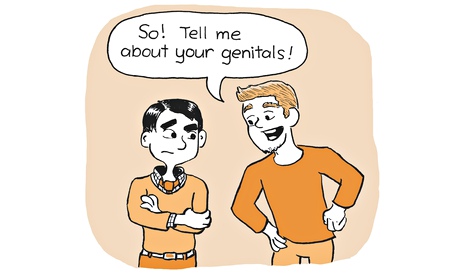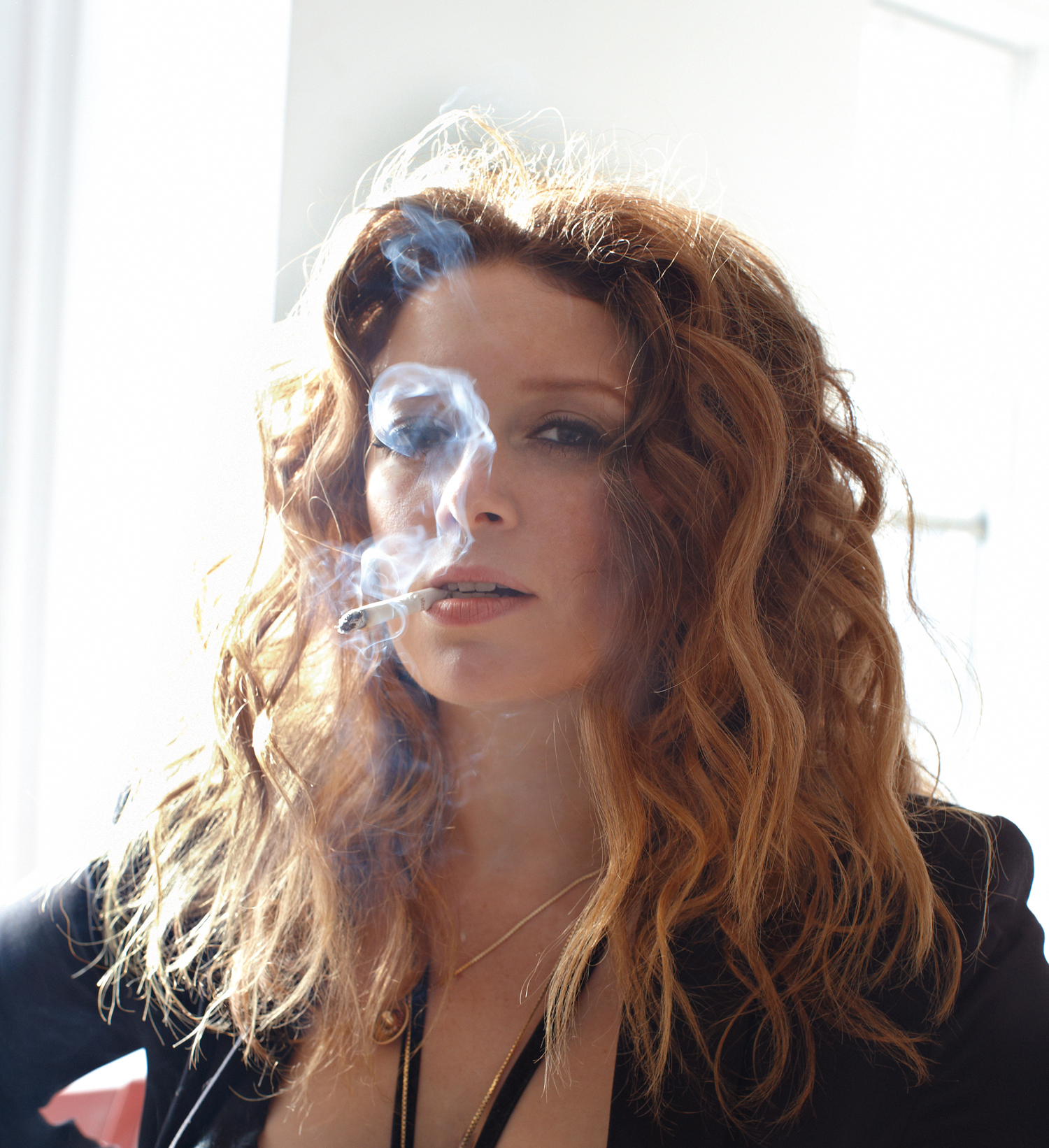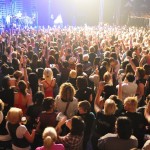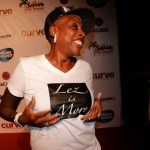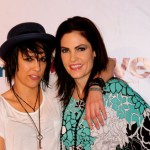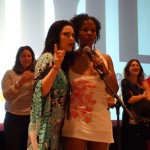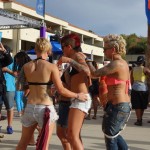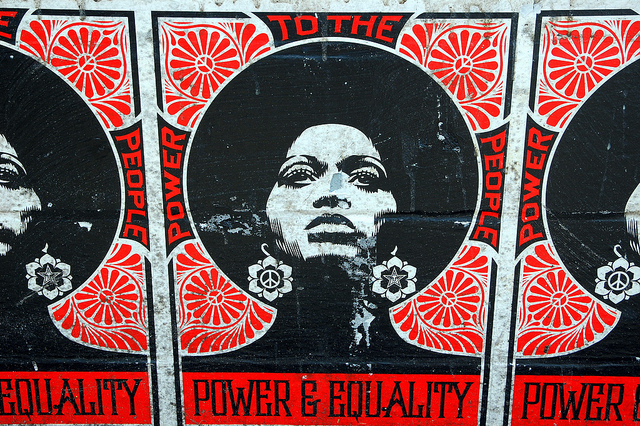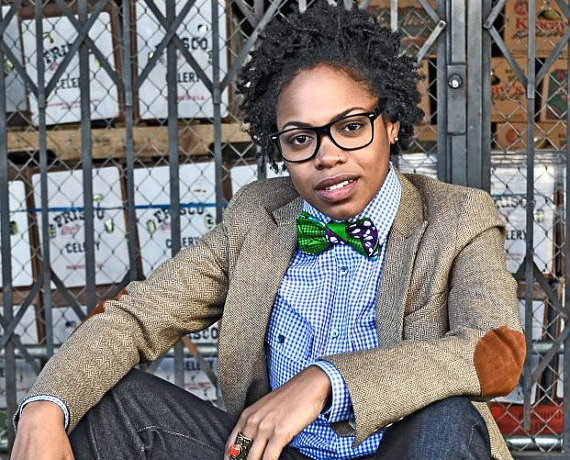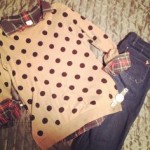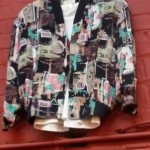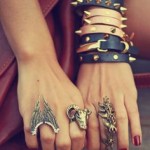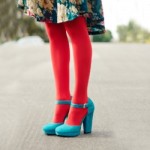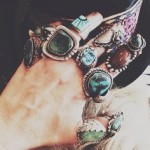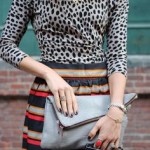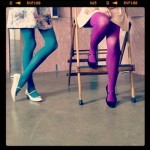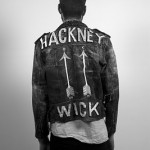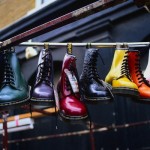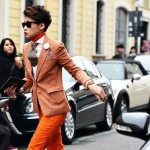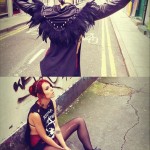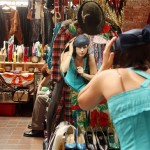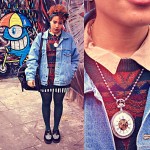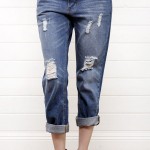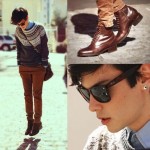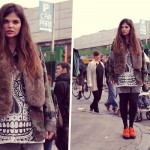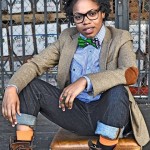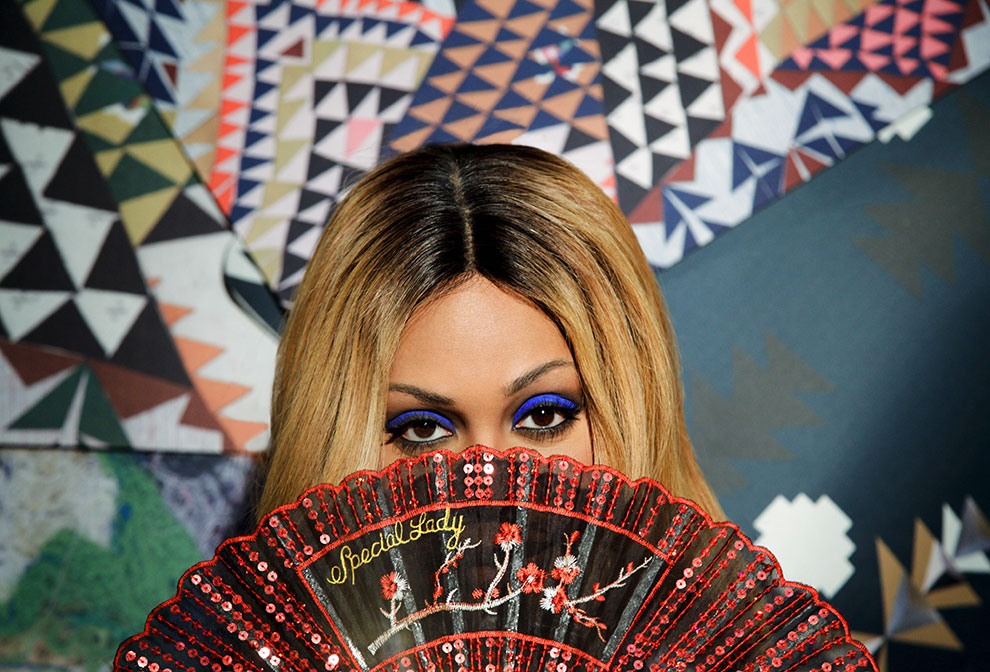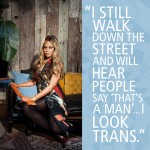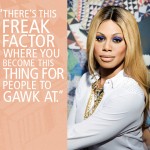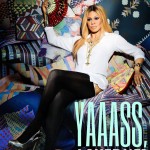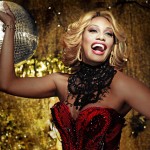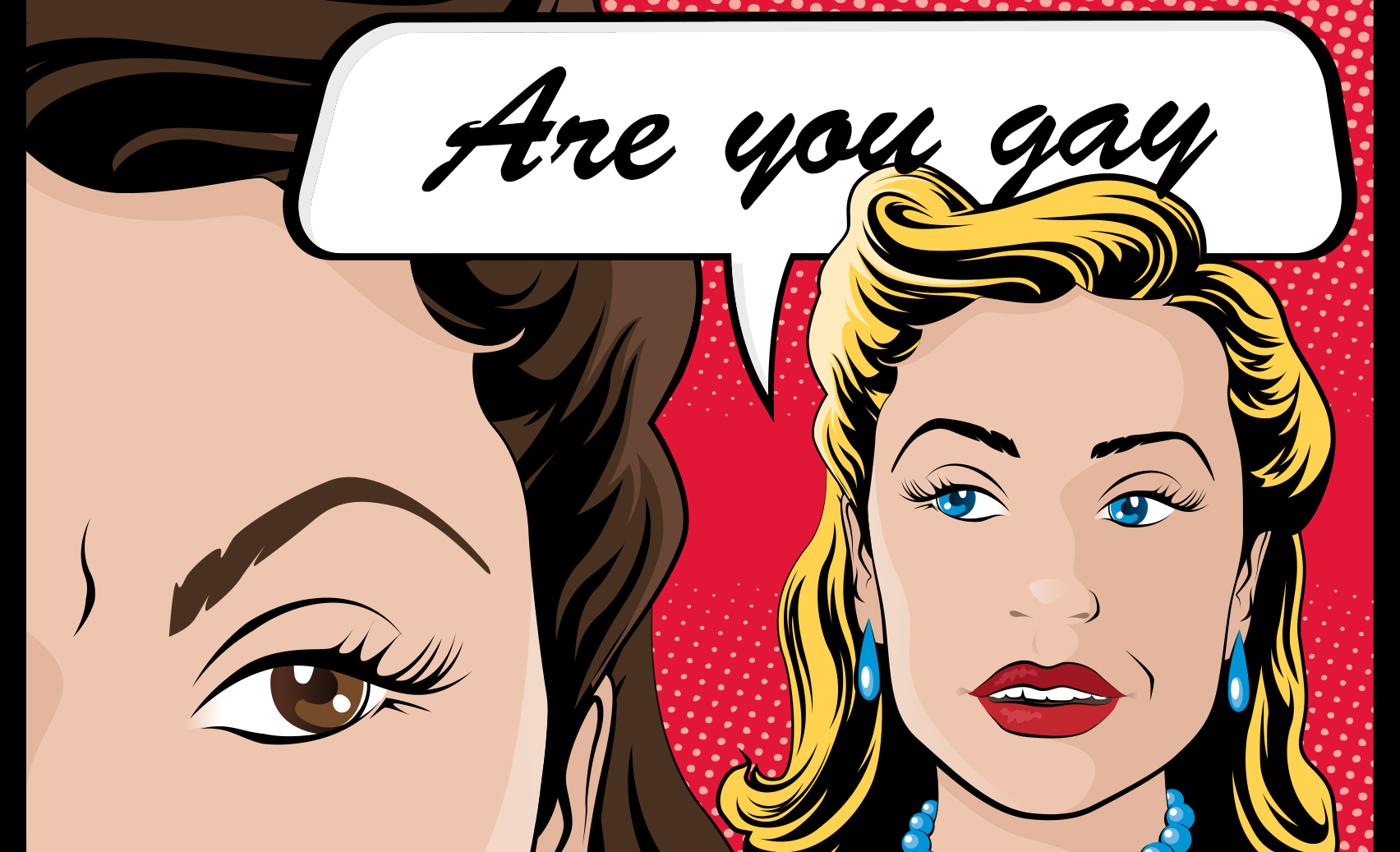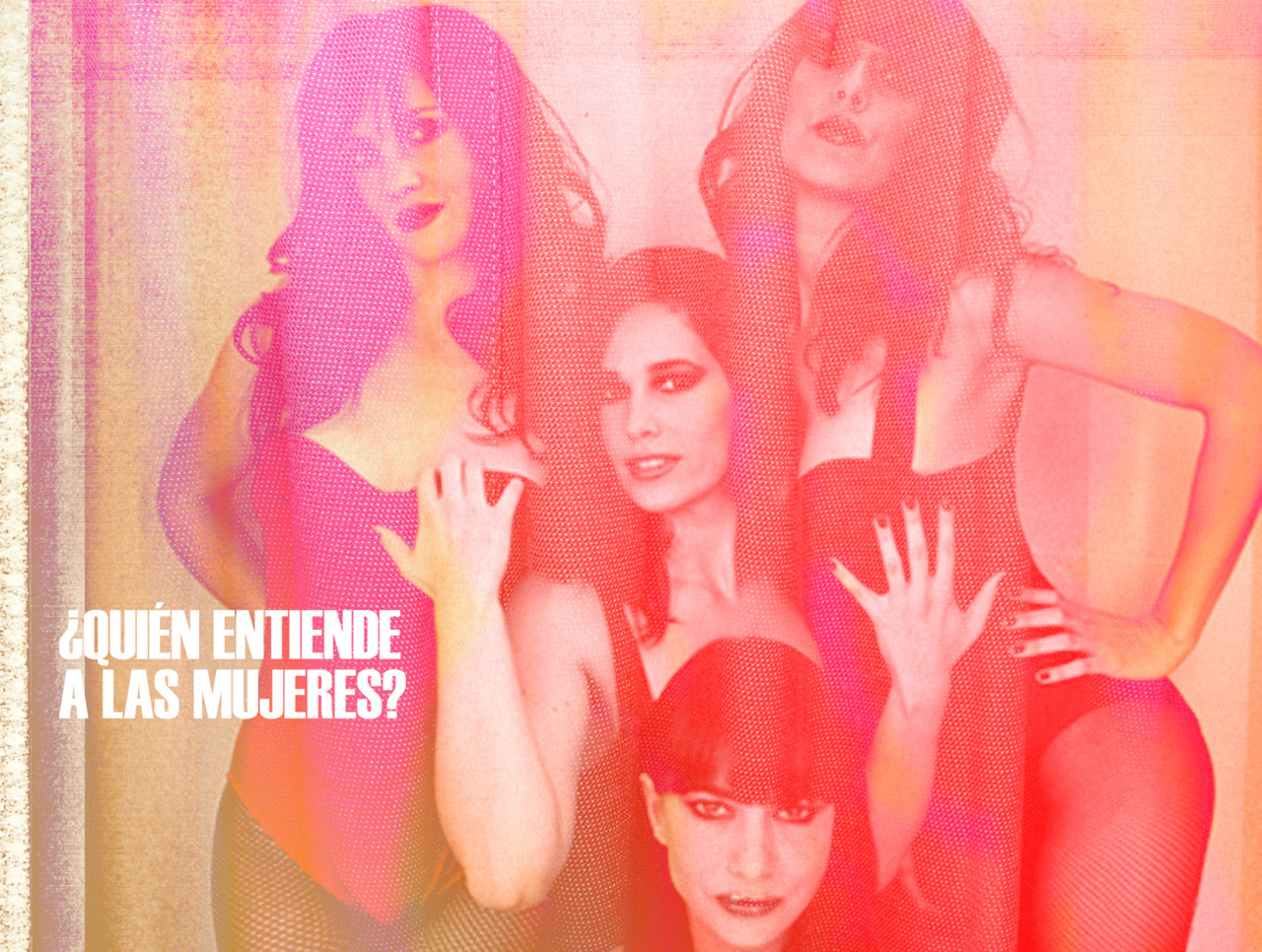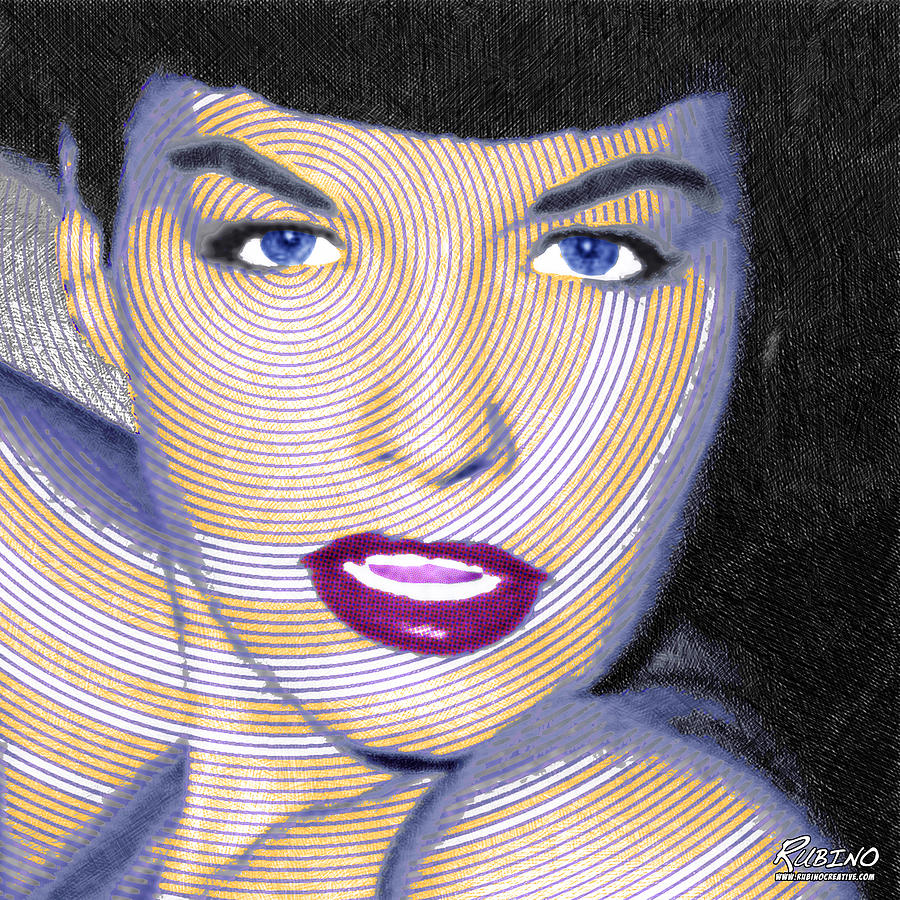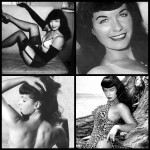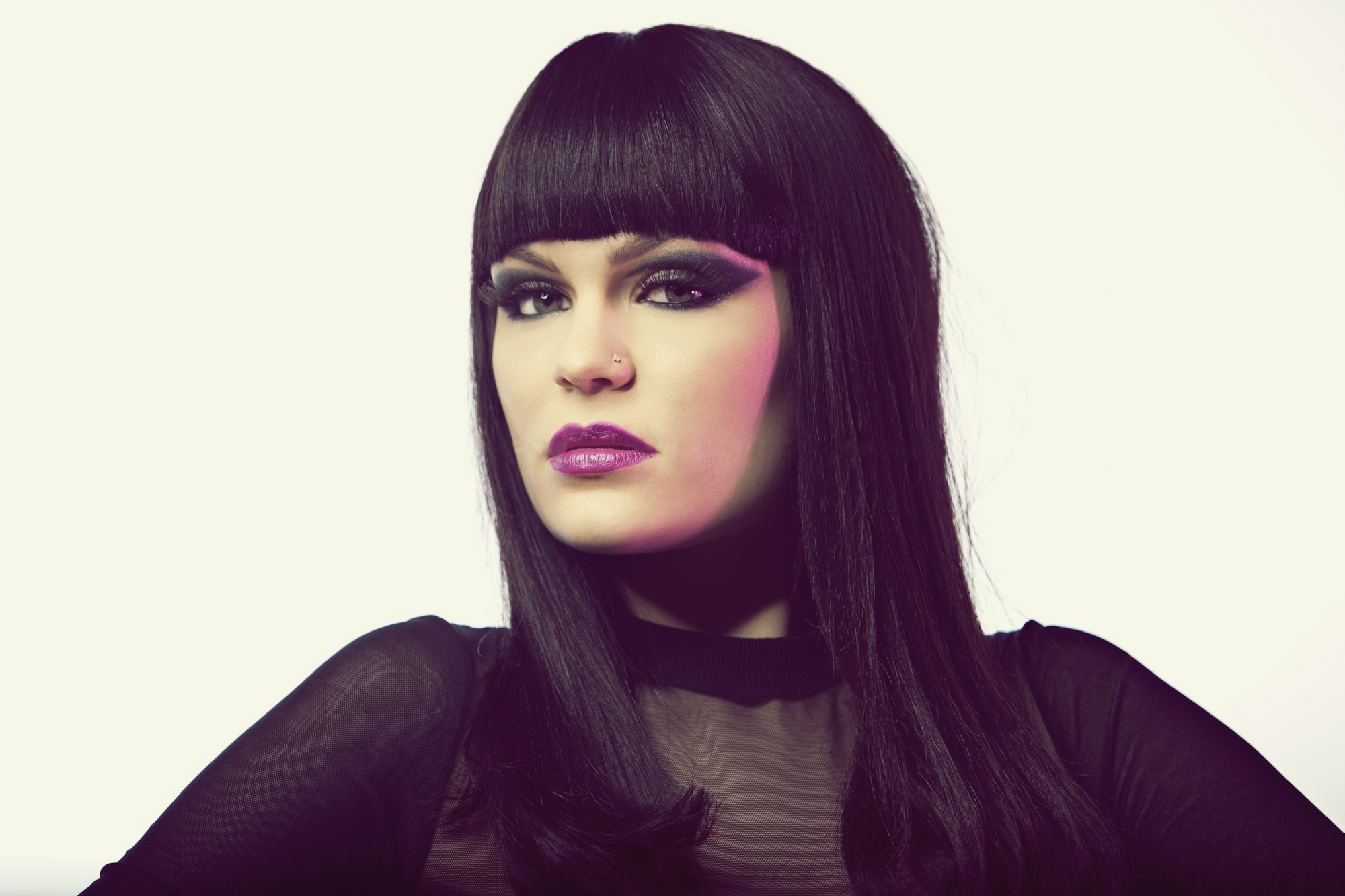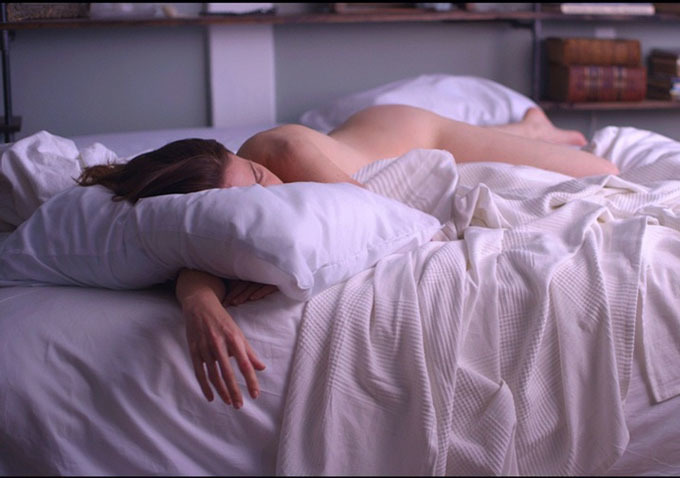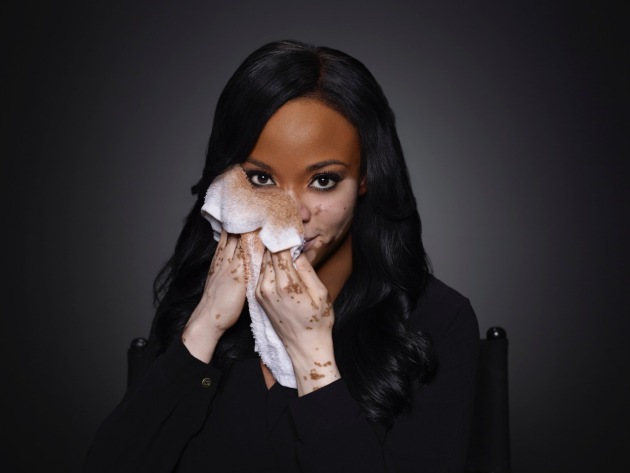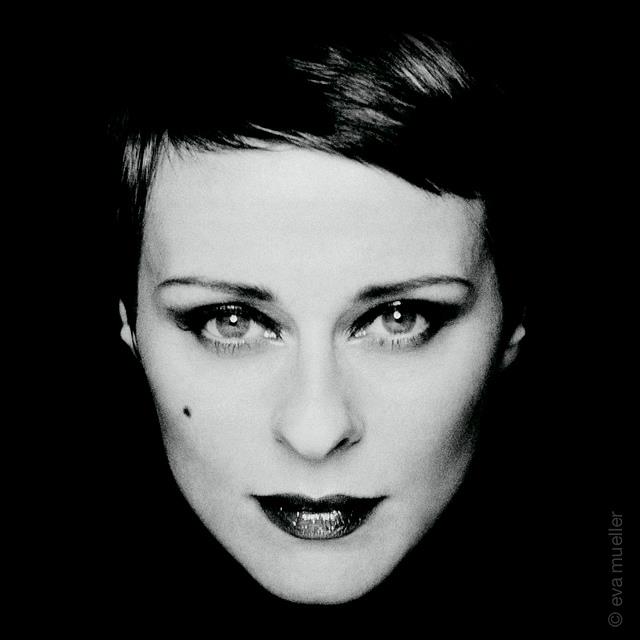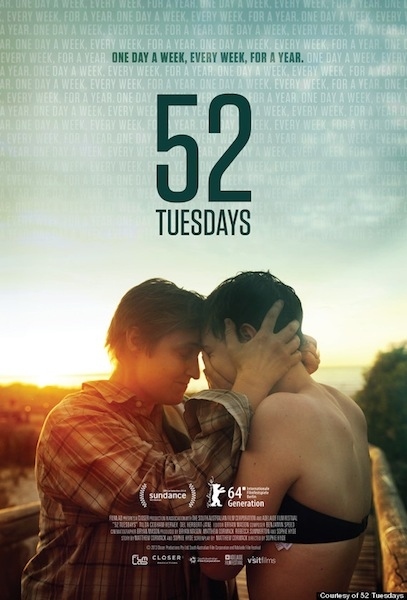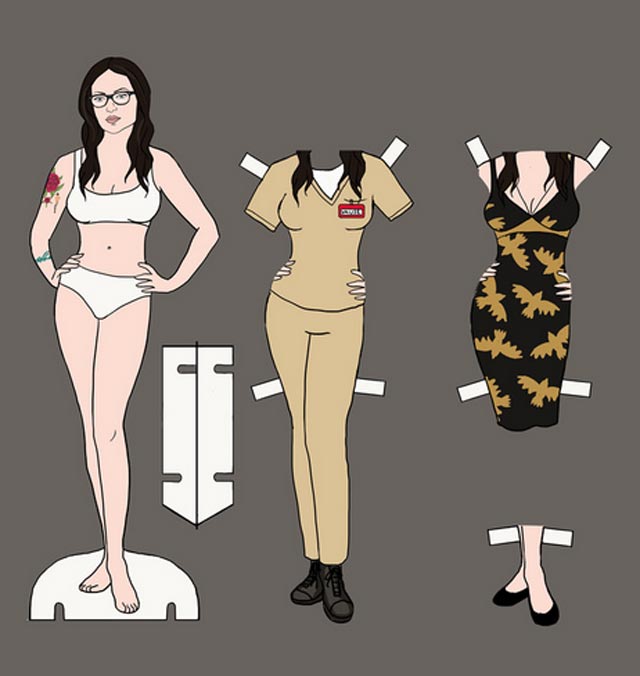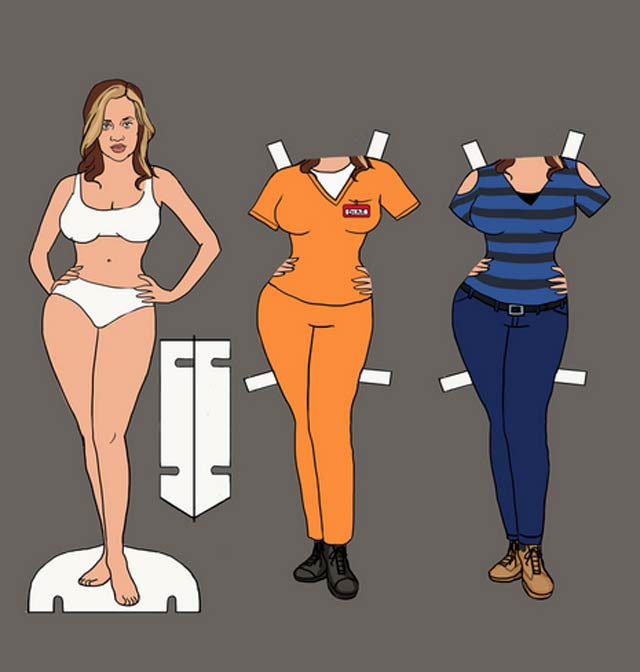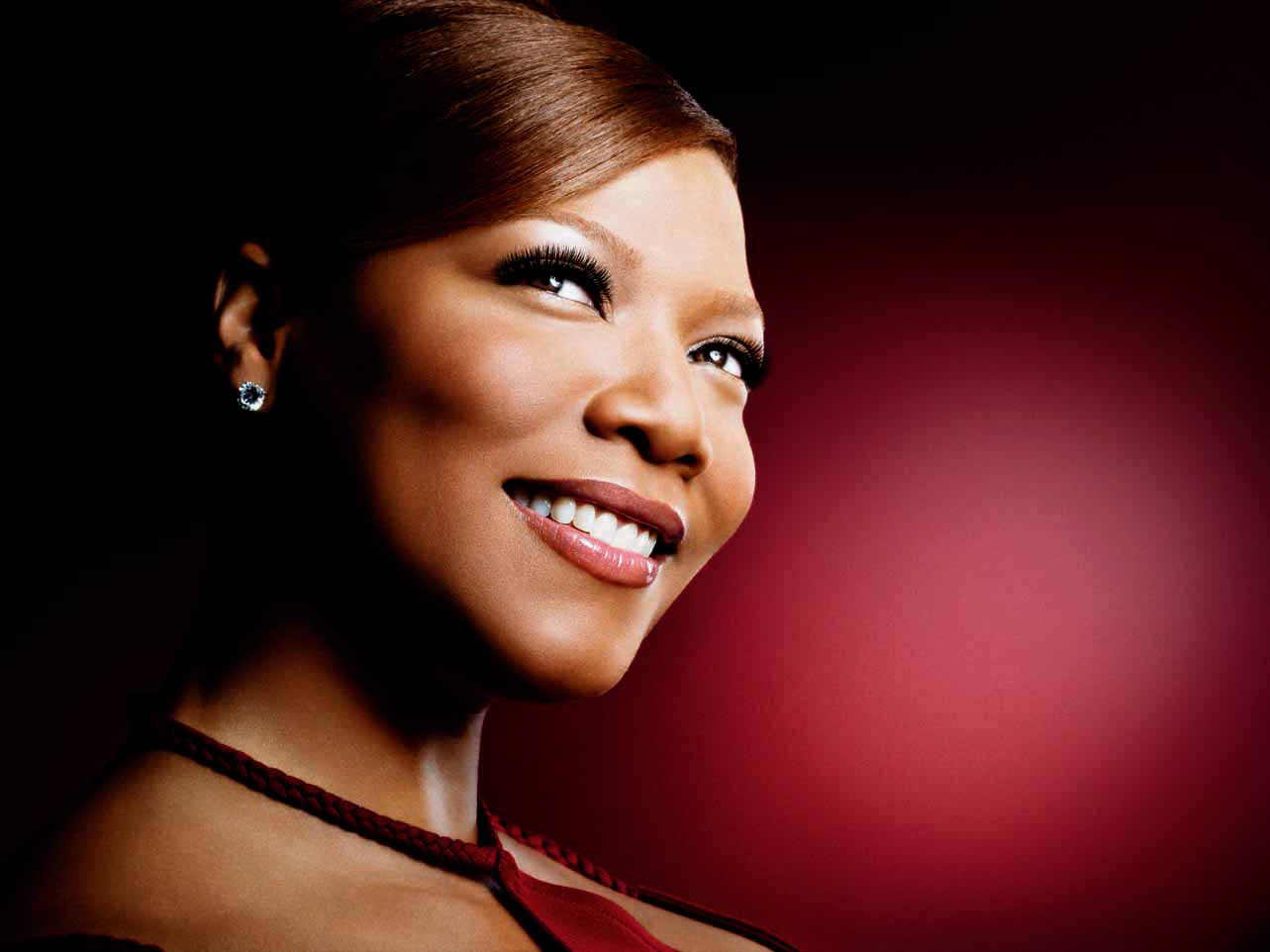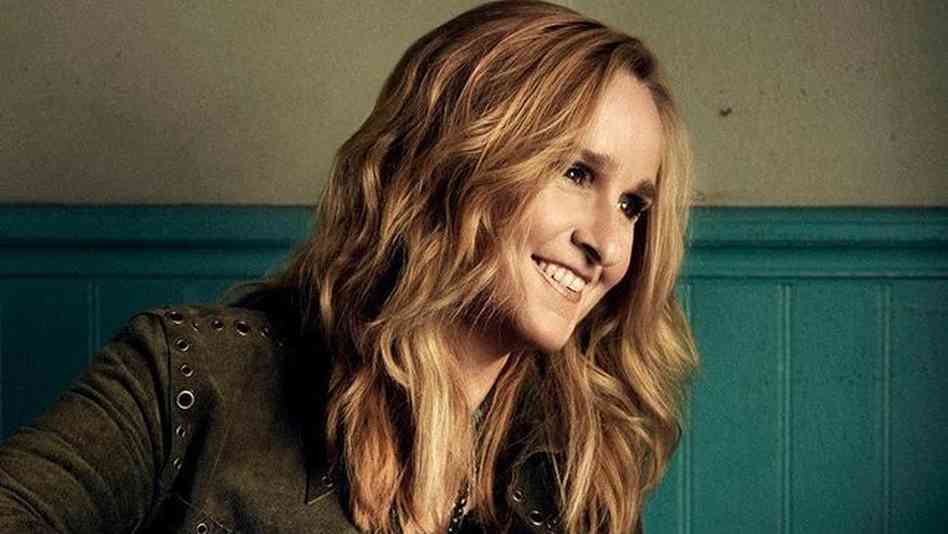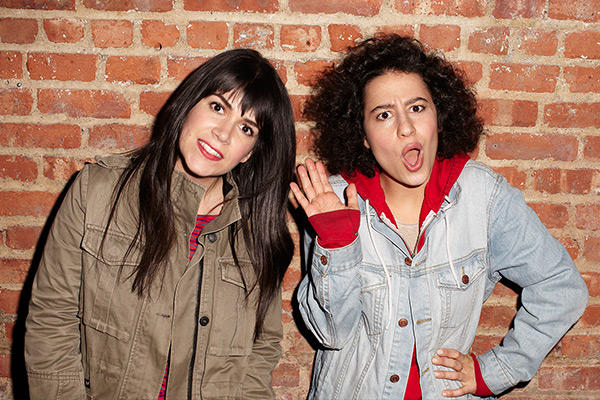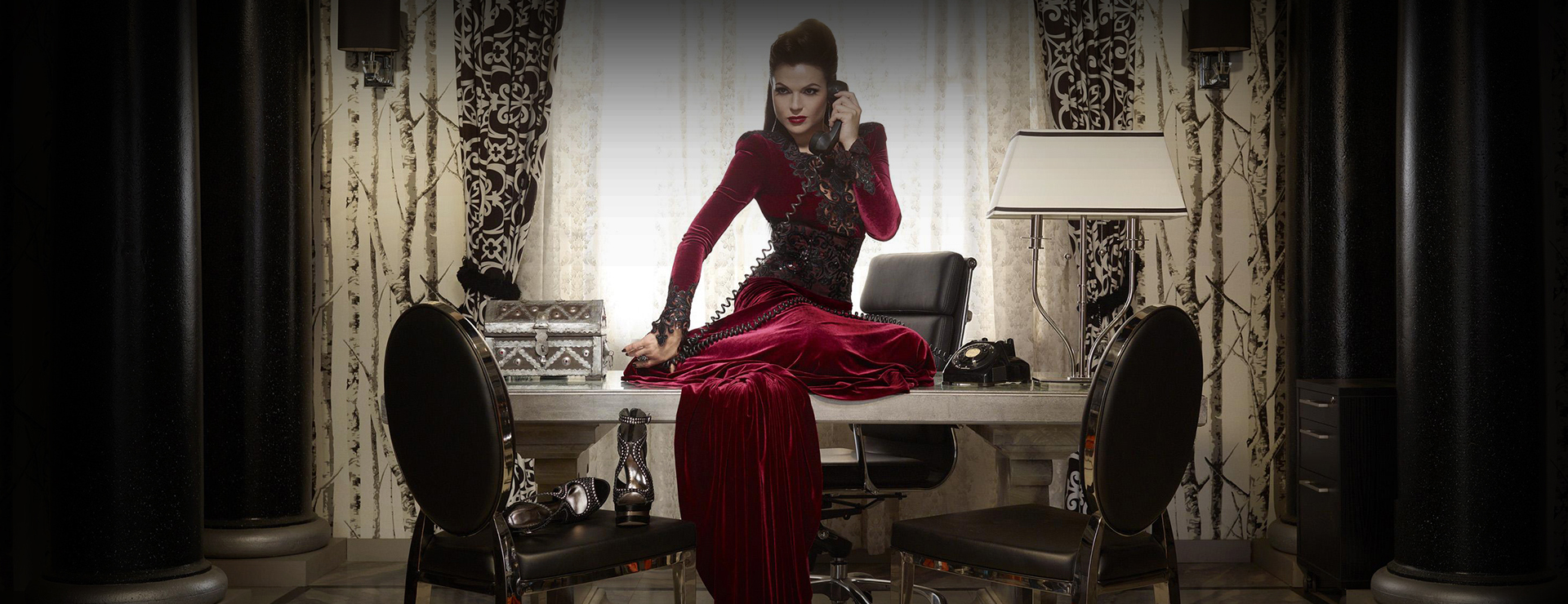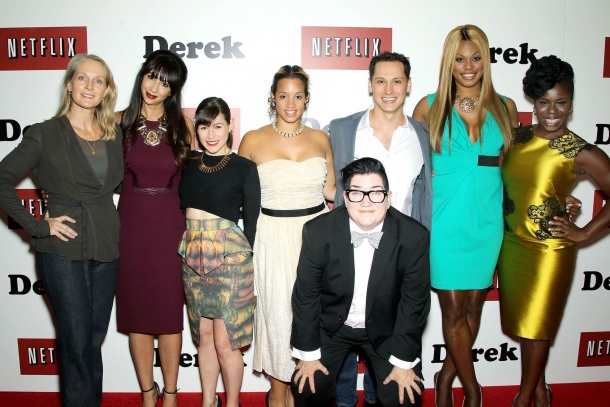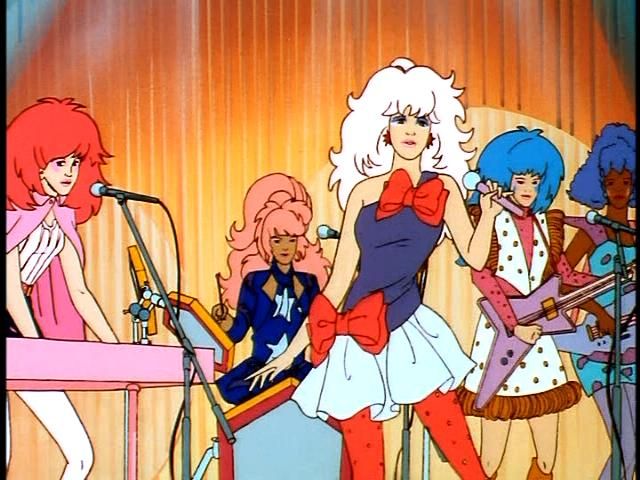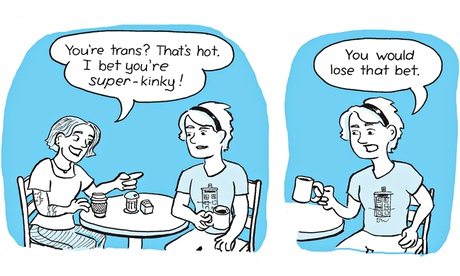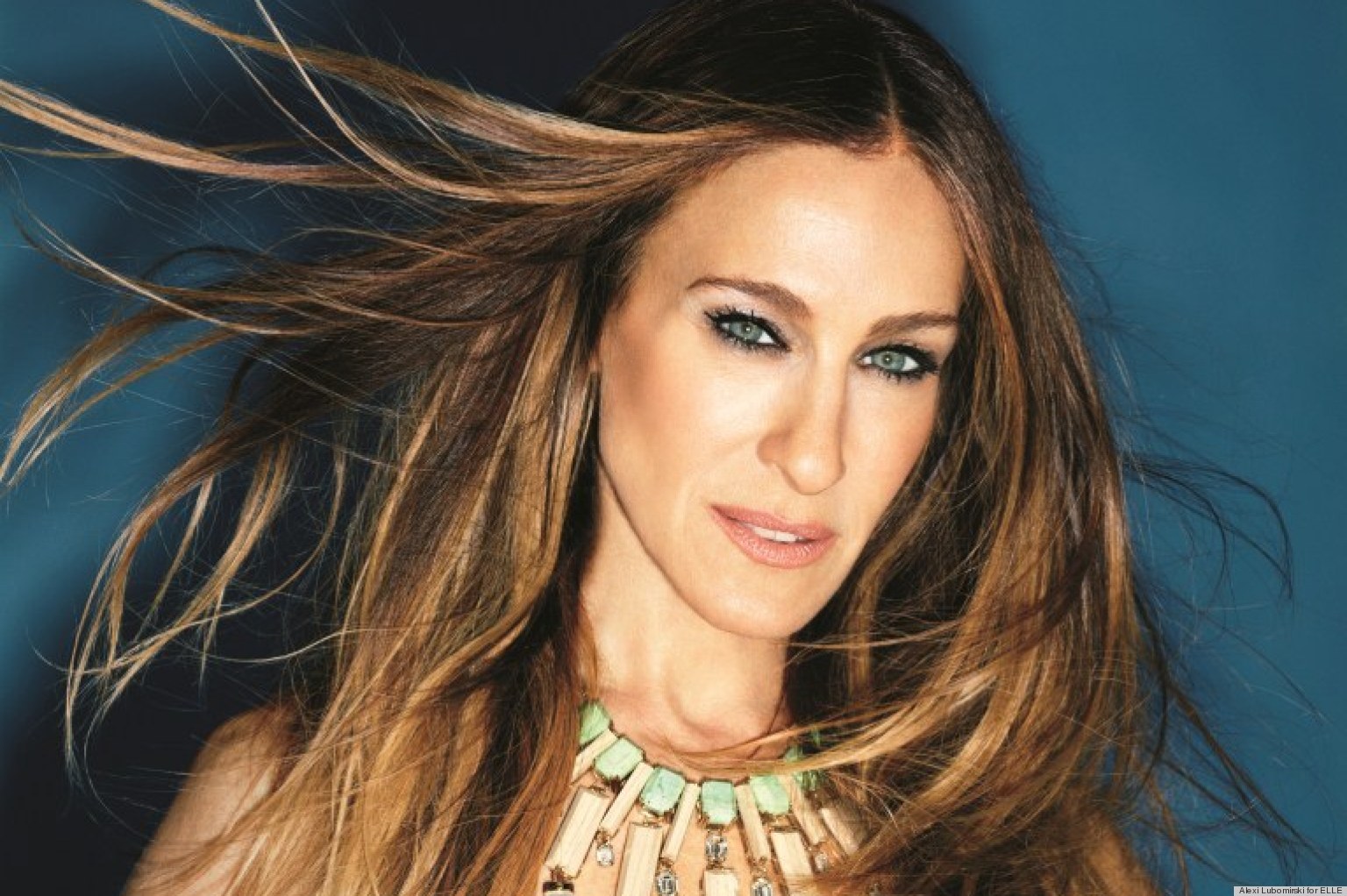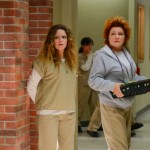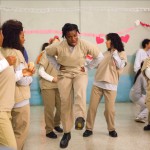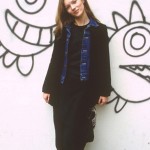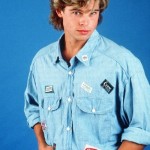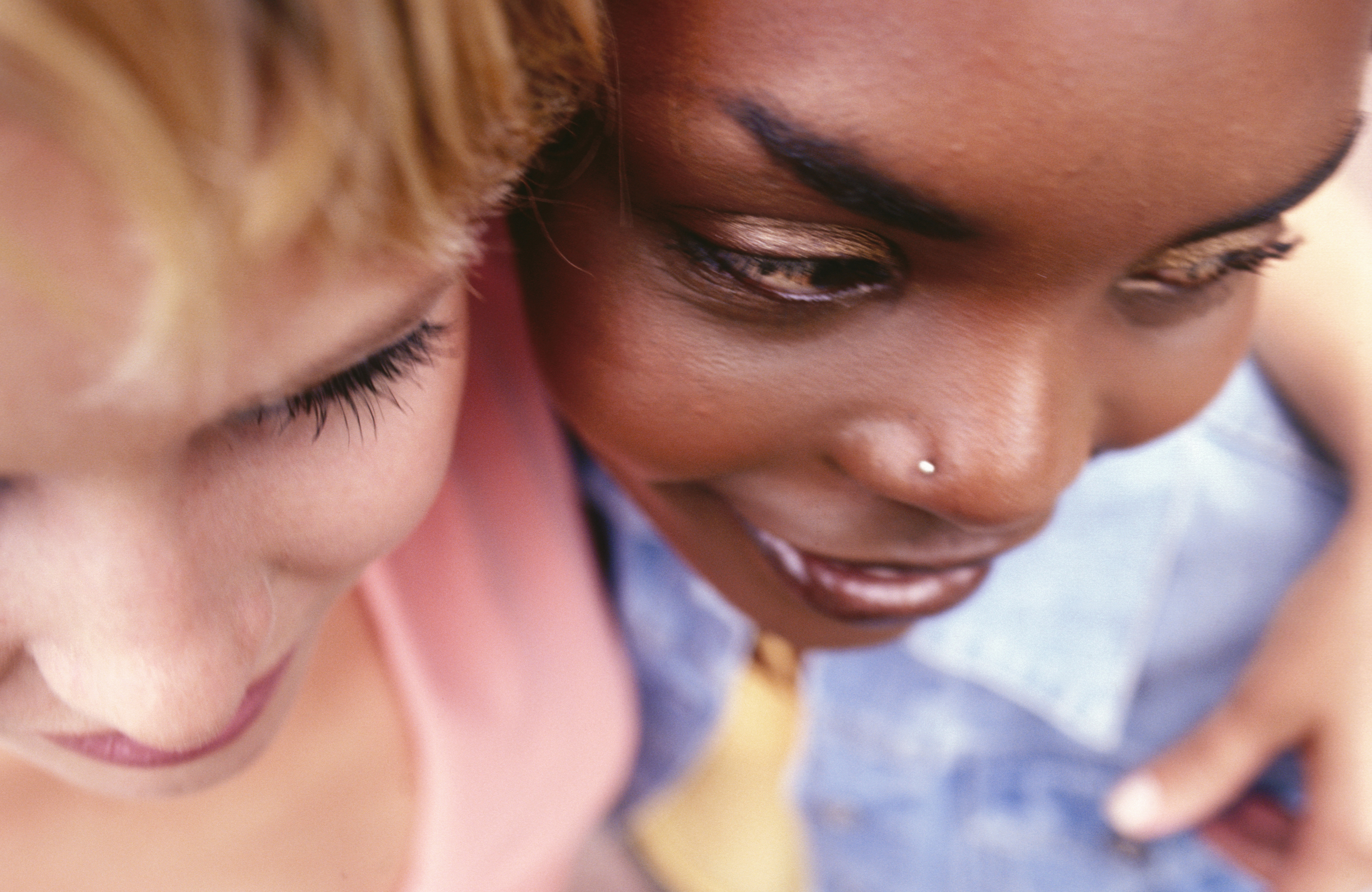I would predict that every trans person who has ever come out has been asked a variation on the question, “But what was your old name?” Or the ruder version, “But what’s your real name?” Or the slightly bizarre, “But what was your birth name?” I’d like to know how many of us are born with names.
The problem is signified by the “but”, stated or implicit. It implies that I’m lying or at best being evasive. The questioner becomes a detective and with me as their case study. It is simple: my name is my name, as “real” as yours. Case closed.
Perhaps it’s less offensive than a question about one’s body or sex life, but the name question is the tip of the inappropriate iceberg. Below the surface, ready to spew forth, lies: “Do you have a penis?”
I am attempting here to set some ground rules for those of you who are not trans – ie those who are cisgender – who, perhaps with innocent intentions, ask these dreaded questions.
You may not think you are one of these people, so I have a quick test. Were you raised in a society that assigns gender, as well as sex, at birth? Hint: the answer is yes. Does that society label gender nonconformity “weird”? Hint: unless you are Native American and were raised knowing about two-spirited people, the answer is also yes.
If you answered yes to both of these, there are two likely possibilities. First, you’ve never knowingly met a trans person. In this case, you’re just yet to realise that you’re this kind of person. I know from experience that, even for sensitive, progressive souls the urge to ask about “real names” and intimate body parts is as strong as the urge to sneeze.
The second possibility is that you have met a trans person and that you pried and got away with it. This, my friend, is because you have overwhelming privilege in that situation – the privilege of mainstream society telling you that you are normal and that the trans person is an oddity to be examined. It’s intimidating, as a supposed oddity, to stand up for yourself.
Months after I changed my name, an old university friend wrote on my Facebook wall: “Hey [old name], this is [old name], right?”
It felt as if I’d woken up at school with no clothes on.
Maybe he missed the widely shared and commented-on status update where, rather than come out to each individual, I explained in one fell swoop that I was changing my name and now going by male pronouns. Even so, the tone felt almost belligerent.
Being trans has taught me to tread more lightly than my old friend. I know not to assume a person’s gender simply because I know what their hair, face or body looks like, even if I’ve known them for years. It’s easy to do this when you know how much it hurts to be misidentified. There are mutual rewards for exercising a little humility when it comes to making others feel comfortable in a society that generally denies comfort to anyone different.
“This is [old name], right?” The certainty of the question jarred. It reeked of presumption and social policing. I had an identity detective on my hands. Usually I’d engage but he wasn’t trying to initiate a conversation. I defriended him.
I felt like an outlaw crossing the state line, leaving behind a cop shouting: “You won’t get away with these nonconformist shenanigans!” I felt liberated, but it was bittersweet. As a gender outlaw, there are some people and places you have to leave behind for ever. Each schism, though rare, feels like a collective failure.
Leng, who identifies as a transman, recently told me about being at a party where a cis woman followed him around asking about his genitals and telling him he wasn’t a real man. Clearly this was extreme behaviour, but what I found almost more shocking was that no one else at the party intervened. To me, this seems like a clear case of harassment, but none of the cis people present could identify with the trans person enough to defend him. They didn’t join the woman in a conga line of aggression, but their empathy lay with her curiosity rather than his humiliation.
This podcast contains strong language and frank discussion throughout. Reading on mobile? Click here to listen
In my own case, aside from batting away the “real name” and occasional “Do you have a willy?” questions like flies, I’ve only once been totally knocked sideways by someone else’s rampant curiosity. At a family wedding, an elderly relative was behind me as we filed into the dining room. Suddenly, she said: “How do you go for a wee?”
There was no mistaking the question, but because I’m English I let out a kind of simultaneous laugh-gasp apology. Before having to think of a more coherent response, she gasped herself and apologised. She said she didn’t know why she’d asked. I do. She was curious and the lack of social conventions around transgender issues makes people do silly things – things they’d never do in relation to cis people.
Frankie, who identifies as trans feminine and whose biological sex is male, says the most common assumption people make about them (they use gender-neutral pronouns) can be blamed on society’s age-old representation of the tragic, self-loathing trans woman. Because Frankie has a feminine gender expression and a penis, people assume they must hate themselves. Not only do people assume – they ask as much, as if Frankie is an accessible version of the onscreen stereotype, provided, again for the benefit of their unbridled curiosity.
Of course, Frankie would rather you didn’t assume, or at least that you didn’t ask. But since you probably will on both counts, they’ll tell you they’re fine about it, actually. They even use it. For actual sex and masturbation, can you believe? That is, after all, what it’s there for.
In fact, since you were wondering, let’s clear a few other things up. No, we weren’t “born in the wrong body” and no we don’t want a “sex change”. These terms are created by cis society to make trans people more definable, less messy. But we’re not easy to understand and it’s not because we’re trans – it’s because we’re people.
I had a roundtable discussion with four other trans people, Leng, Frankie, Jai and CJ. Transition meant a completely different thing to each of us and not one of us is currently interested in genital surgery. We also all have and enjoy sex in a variety of ways. This diversity was not engineered. It occurred as naturally as diversity would at a table of cis people.
A common theme that did emerge, and that runs contrary to a common stereotype of trans people, is that we do not generally have outrageously kinky sex. We may, as a group, seem more open-minded and positive about sex. But, we encounter the same awkward situations in relation to sex as the next person, cis or trans. For instance, there’s probably no more universal feeling than CJ’s panic when their socially conservative mum stumbled across their flogger. Perhaps anyone in that situation, grasping for a simple, non-sexual get-out, would have explained that it was simply an elaborate duster.
In this article, I wanted to answer some of the common regrettable questions cis people ask trans people – “Do you have a penis or a vagina?”, “How do you have sex?” and winner, perhaps, of the confused and misguided question derby: “Why do want to become a man if you want to have sex with men?” My hope was that this would stop the flow of inappropriate questions in one-to-one situations.
But writing this has made me realise that I can’t answer them. I can only speak for myself and that isn’t helpful to anyone except people I go to bed with. We get asked these questions, not because people are interested in us as individuals. They want to figure us trans people out. They want to “get” us but we can’t be gotten. I could fill an entire wiki with the potential answers to just one of these intimate inquiries.
